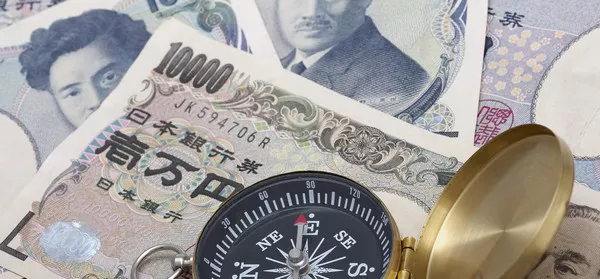Tokyo, Japan – In an upcoming executive meeting scheduled for December 4th, Japan’s prominent business consortium, Keidanren, will deliberate on the potential adverse effects of the yen’s depreciation on the national economy. This marks a notable departure from Keidanren’s historical stance, where it traditionally advocated for a weakened yen to enhance the competitiveness of Japanese exports abroad.
Comprising major companies, including leading automakers and electronics firms, Keidanren’s consideration of the drawbacks associated with a feeble yen signals a shift in the business sector’s perspective on currency dynamics and their economic repercussions.
The informal gathering of executives reflects a growing apprehension among some member companies regarding the downsides of a weak yen. Sources suggest that this discussion could influence Keidanren’s future policy proposals, introducing a nuanced perspective on the currency’s strength and its implications for Japan’s economic landscape.
According to the Yomiuri newspaper, which did not disclose its sources, this change in Keidanren’s stance might amplify calls within the business sector for the Bank of Japan to reconsider its ultra-low interest rate policies. These policies have been implicated in hastening the yen’s decline in recent times.
An official at Keidanren, confirming the agenda for the executives’ meeting, stated that discussions would encompass various topics, including the impact of the weakening yen and the rising inflation scenario. As Japan’s business leaders grapple with the evolving economic landscape, the outcome of this meeting could potentially shape future strategies and policy recommendations from Keidanren.


